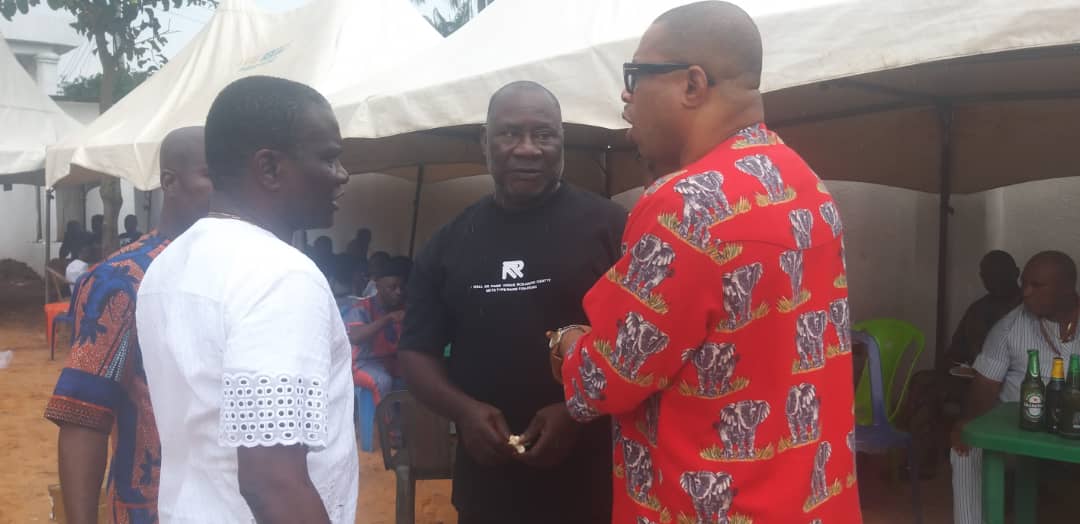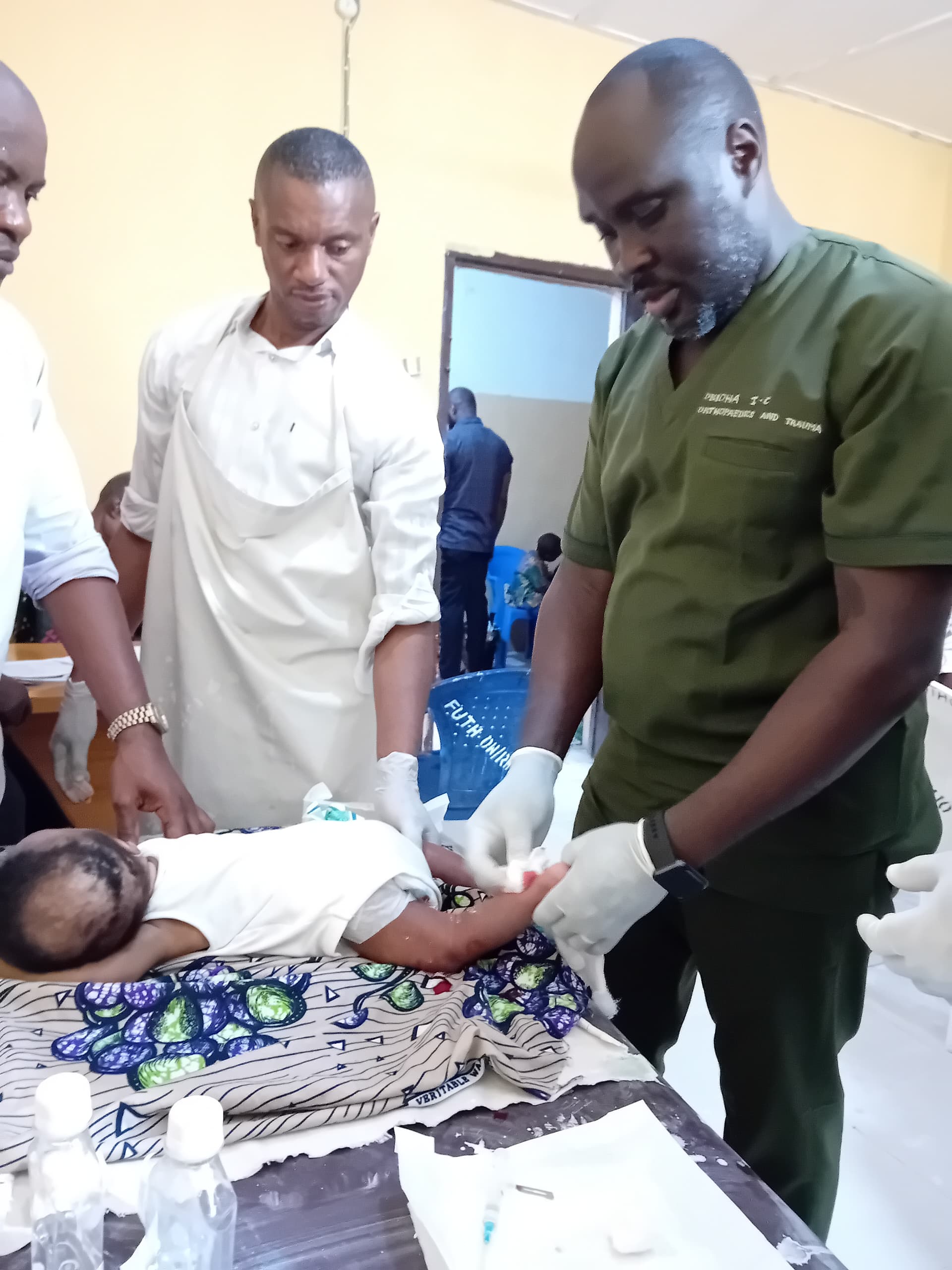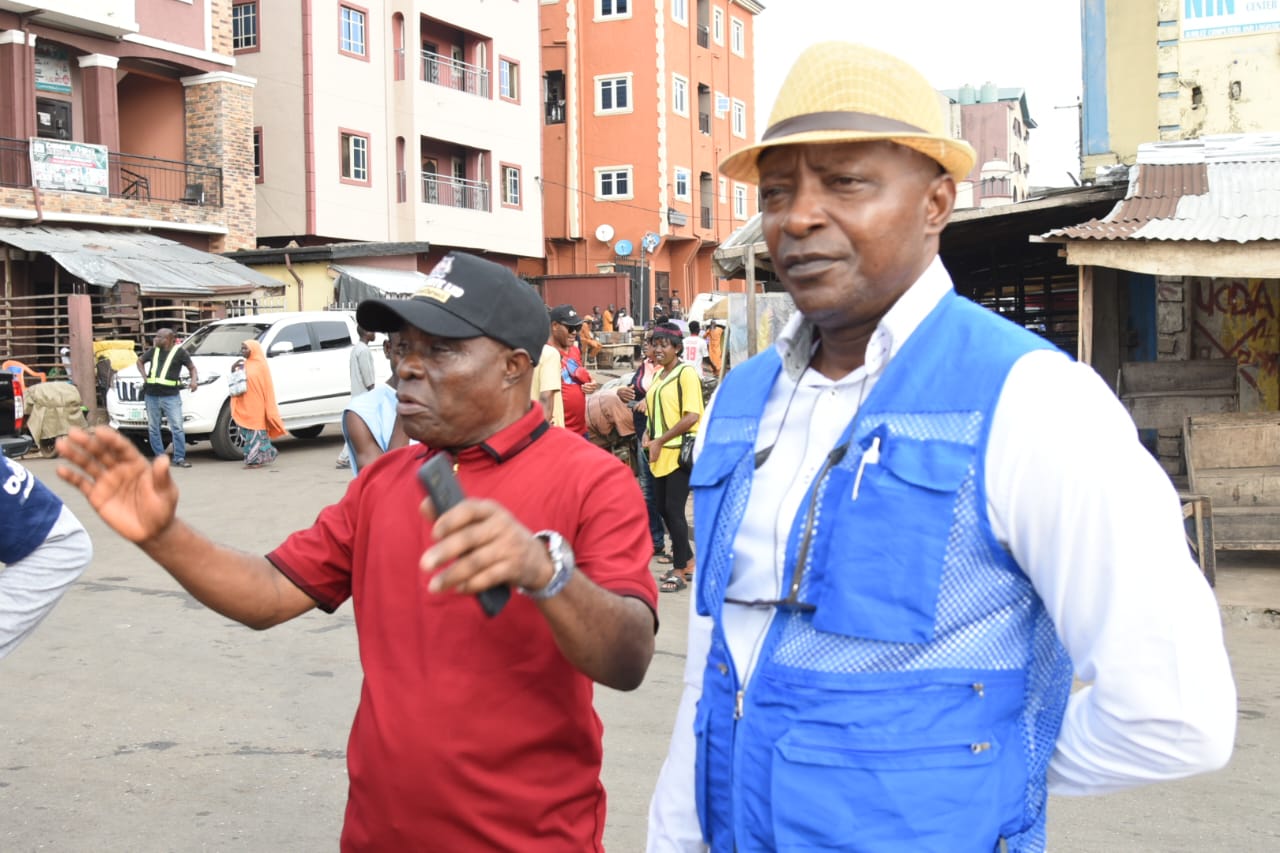
From TCNEWS
A renewed wave of concern over rising insecurity in Isuikwuato Local Government Area of Abia State has prompted local leaders and stakeholders to rally for immediate collective action. Following a recent kidnapping incident near the Ahaba/Akoli Imenyi boundary, the Isuikwuato Development Union (IDU) National has proposed a high-level security summit to address the growing threats and chart a coordinated response.
In a statement titled “Security Situation in Isuikwuato: A Call to Action”, President-General of the IDU, Chidiebere Uguru, JP, FIMC, highlighted the urgency of the situation, noting that unless decisive steps are taken, residents could face increasing vulnerability, even within their own homes.

“Our administration, upon assumption of office, prioritized security,” Uguru stated. “We revitalized the IDU National Vigilante Group to enhance intelligence gathering, and engaged with state-level security stakeholders, including the SSA on Homeland Security, to strengthen community collaboration.”
Despite these efforts, the recent kidnapping incident has underscored persistent security lapses, prompting the IDU to schedule the Third Isuikwuato Security Summit, tentatively slated for the last week of July 2025. The summit aims to serve as a platform for residents, government representatives, security agencies, and community leaders to develop strategic, long-term solutions to insecurity.
“We invite all stakeholders to propose a suitable date, contribute ideas on improving security measures, and explore ways to support local operatives,” Uguru urged. “We must act collectively to restore safety and peace.”
In addition to security concerns, the IDU outlined ongoing developmental projects, including oversight on road construction, healthcare facilities, market reconstruction, and preparations for the Isuikwuato Nwanneukwu Cultural Festival 2025, which is designed to reinforce cultural unity and identity.
This development highlights an escalating security crisis in a region of national interest, Abia State, where local governance, higher education, and community development intersect. It underscores how insecurity in border communities can threaten broader public safety, academic stability, and economic activity. As grassroots leaders, educational institutions, and state actors begin working in concert, the outcome of such initiatives could serve as a blueprint for other vulnerable regions in Nigeria.
In a related development, Abia State University (ABSU), Uturu, has reaffirmed its commitment to student safety following recent violence in neighboring communities. The most alarming incident occurred on Friday, June 27, when a motorcyclist, Mr. Osinachi Asonye, was fatally shot along the Isuikwuato road by unidentified gunmen.
The University’s Public Relations Officer, Chijioke Nwogu, clarified in a press release that none of the recent security breaches occurred within university grounds. He emphasized that “the safety of our students remains the top priority” for both the university administration and the Visitor to the University, Dr. Alex C. Otti, OFR, who also serves as the Governor of Abia State.
Joint security forces have since increased patrols around the campus, while authorities continue their manhunt for the perpetrators.
Students have been advised to maintain vigilance, avoid night travel, and steer clear of avoidable confrontations.

An unverified eyewitness report described the chilling moments of the June 27 attack, where two armed assailants shot a motorcyclist in broad daylight. The report recounts the victim’s final moments and the narrow escape of nearby civilians, reinforcing calls for intensified security in the region.
Though emotionally charged, the account adds a human dimension to the incident, illustrating the broader impact of such attacks on the local psyche and community morale.
As Isuikwuato prepares for its upcoming security summit, the call for community participation is more urgent than ever. The collaboration between local leadership, state authorities, and residents offers a pathway not only to addressing immediate security concerns but also to building a sustainable and resilient future for the region.





